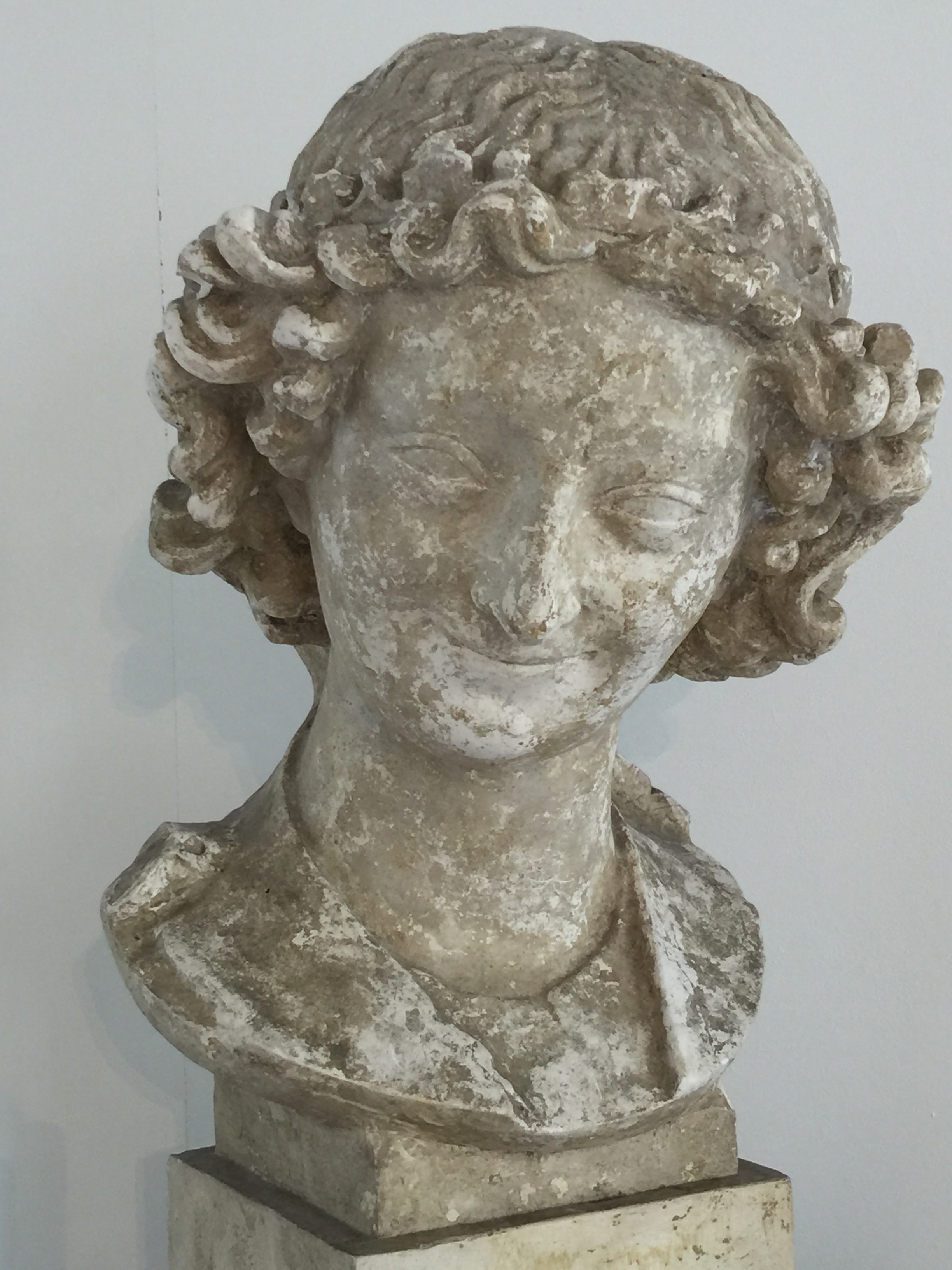
Samantha Pious
on translating Raimbaut de Vaqueiras
In the original poem by Raimbaut de Vaqueiras, the Player (jujar) speaks in Old Occitan, in the elevated style of courtly love (fin’amors), while the Domina (domna) responds in a Genovese dialect, in a much lower register. Is the Player a sophisticated seductor or a bumbling ingenu? How much, or how little, does the Domina know about the language of courtly love? Who is the butt of whose joke? The poem seems to be deliberately ambiguous on parchment, allowing for a multiplicity of theatrical interpretations depending on the performers and the demands of their audience.
I tried to preserve some of that ambiguity in translation by melding archaisms (in the style of Geoffrey Chaucer and Sir Thomas Malory) and more contemporary idioms. For example, a “player” can be an artistic performer or a sexually promiscuous man, just as “domina” can refer to its etymology as the lady of a medieval household or to the dominant woman in a BDSM scenario.
This edition of the source text is from Vincenzo Crescini, «Il contrasto bilingue di Rambaldo di Vaqueiras», Atti e memorie della reale accademia di Padova, n.s., 7 (1890–1891), pp. 187–202.
about the author
Raimbaut de Vaqueiras (fl. 1180–1207) was an Occitan troubadour who served as the court poet and confidant of Boniface I of Montferrat, from whom he claimed to have earned a knighthood during Emperor Henry VI’s invasion of Sicily. Legend says that he died together with his patron in Thessalonica a few years after their participation in the capture and plundering of Constantinople during the Fourth Crusade.
about the translator
Samantha Pious is the translator of A Crown of Violets: Selected Poems of Renée Vivien (Headmistress Press, 2017). She holds a PhD in comparative literature from the University of Pennsylvania and is currently working as managing editor for Indolent Books.

photo by Samantha Pious
